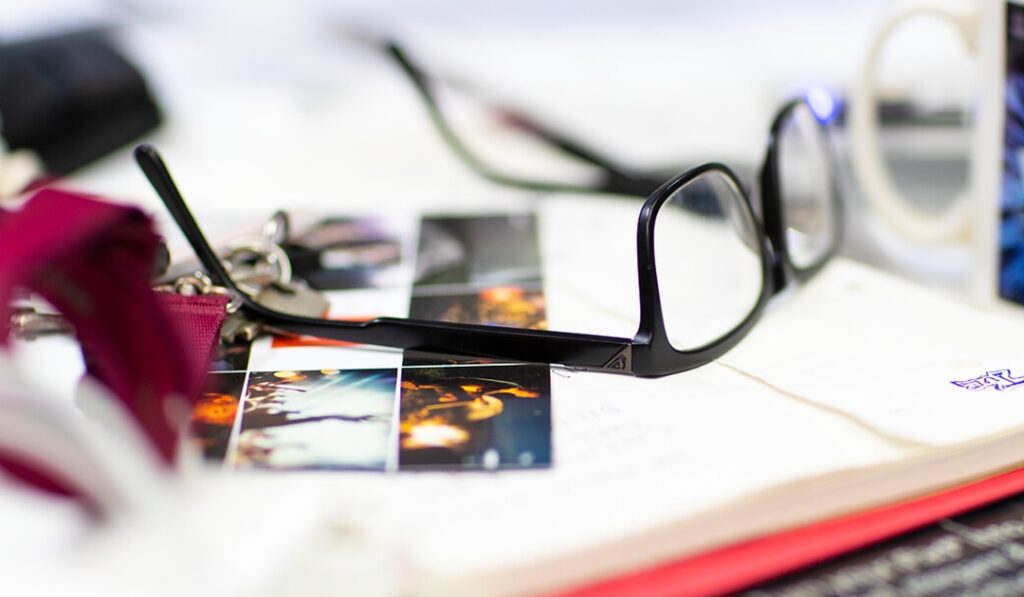10 Years of UCL Press: A Student Perspective
Posted on 1st July, 2025

As our 10th anniversary celebrations come to a close, we asked Sonja Astrakhan, a student at UCL School of Slavonic and East European Studies (SSEES) to share her perspective on the Press as a student.
The UCL Press, the UK’s first fully open-access university press, is celebrating its 10th anniversary this month. Throughout the last decade, it has published almost 400 scholarly monographs and developed a series of 15 journals. The Press represents an ambitious commitment to rigorous scholarship, unconstrained by financial considerations. Each individual publication is editorially independent and free to publish in and to read.
For a student, the Press presents an opportunity to survey the research done in the UCL and the wider academic community. While researching the Press, I was delighted to discover that several of my professors were regular contributors. The School of Slavonic and East European Studies, my alma mater – or as we jokingly call it amongst friends, the mothership – is home to the FRINGE Center, an interdisciplinary research hub focused on complexity and ambiguity. Incidentally, its contributors, including Dr. Murawski and Prof. Ledeneva, have excellent independent books and co-publications with the UCL Press. Having had the pleasure of attending their classes, it is warming to see their work celebrated by the university, not just in acknowledging teaching but also research through publishing opportunities.
Besides recognizing familiar staff names, the UCL Press also provides direct opportunities for student scholarship. Alongside the 15 professional academic journals, the Press is also home to 9 student journals on a wide range of subjects. These include Interscript, the journal of publishing, Bioscience Horizons, and Slovo, also SSEES-affiliated. As with all Press resources, the student journals are free to read and publish in; like any rigorous publication, they undergo a peer review process handled by the appropriate faculty. For students considering a career in academia, the opportunity to publish free of charge in respectable journals without the intense competition of ‘Big Name’ journals is indispensable for building a portfolio and bolstering confidence. However, even for those who are not considering academia, publishing in a student journal can be a rewarding experience. It provides the opportunity to delve deeper into a subject that can be curtailed by the pressure of deadlines and tight wordcounts, and demonstrates ambition and intellectual curiosity. Besides career considerations, student journals stand for the primary mission of university: exchanging information. Hopefully, the next decade of the UCL Press will see an expansion of student publications.
Beyond facing the difficulties of publishing, students will also be aware of the obscene costs sometimes accrued when trying to access a journal UCL does not subscribe to. The modern academic publishing industry is a behemoth. In 2020, the “Big Five” — Elsevier, Wiley, Taylor & Francis, Springer Nature, and SAGE — accumulated around 19 billion dollars in revenue. Behind these numbers is a system of academic publishing practices that are increasingly turning publishing into a competitive sport and making it financially inaccessible, subverting the egalitarian purpose of academic research: providing information about the world we live in. The capture of the academic publishing market blocks access to high-quality research with steep paywalls and may have implications for the kind of research that is being done. A scandal in the behavioral sciences a few years ago suggested that well-respected academics may have been tinkering with their results to produce more “publishable” papers – that is, those which produce surprising or marketable results. Freakonomics reported on the story, concluding that the profit incentive in academia may be a significant driver of subpar research.
Within this context, the UCL Press deserves all the more praise. The university’s active steps to platform meaningful, rigorous research and commit to the free exchange of knowledge should serve as an example for institutions nationwide. Instead of relying on subscription payments or publishing fees, the Press is financed through profits made on physical book sales, grants, and other indirect charges. It is a relief as a graduating student to have access to an open-source academic resource beyond the complimentary journals provided by UCL to alumni. More importantly, it is heartening to see that our institution’s stated commitment to a “diverse intellectual community” surfaces not only in mission statements but in action. I am proud to have studied at a university that is making academia more accessible, and am excited to follow the Press’ future publications.
About the Author
Sonja Astrakhan is a student at UCL School of Slavonic and East European Studies (SSEES)